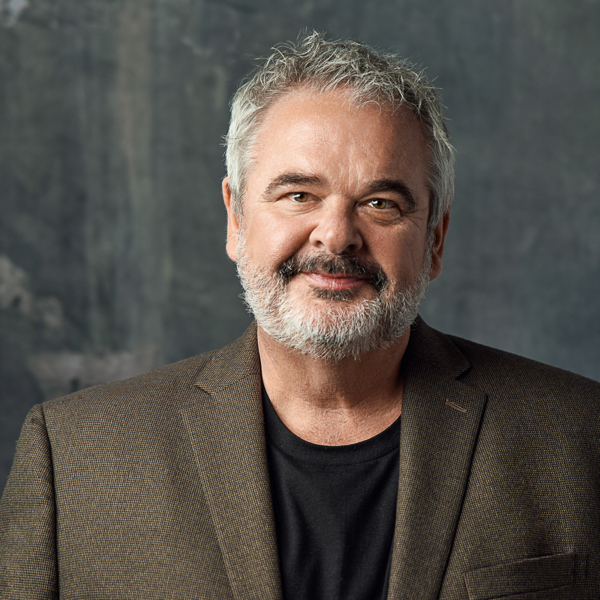The Golden Rule is the principle of treating others as one wants to be treated, and is a principle that is taught, in some form or other, in most religions and cultures. That it is so universal indicates how we've worked out that a good level of mutuality is the essence of being together.
The Golden Rule of communication, then, would be:
'Communicate with others as you would have them communicate with you.’
But do we?
We teach leaders the skills of persuasion, influence, and selling as three fundamental tools they need to get their point across and be seen as strong and confident. And that certainly shows up as what people seek from my own work. When people sign up for my business workshops, I talk with them one-to-one, and if I ask, "What do you most want to get out of this?" they say, "I want to be more persuasive," or "I want to be able to influence my boss or my team, or whoever, that I am right." Or "I want to sell my strategy to the people who make the decision!"
And all of that sounds so normal and necessary and obvious, doesn't it - because it is so much weaved into what makes for good communication.
But then I say, "Tell me about the last time you were sold something. How much did you look forward to that experience? When you went to that new car showroom and the sales exec starts walking toward you, were you thinking, "Oh, I can't wait for that salesperson to start selling something to me. I love this!"
Or I say "When did you last join a meeting and think, 'I just want to be persuaded by somebody else? I want someone to change my mind!'"
No, we don't. What we're really wanting when we join a meeting - or engage in any conversation outside of work - is "I hope I can really join in and contribute. I hope I can share what I have to say about this subject. I hope I can give my perspective. I hope I can hear, and be heard. I hope I can work with people and collaborate on what this thing is really about."
So the very things that we ask for to improve our own communication, we ourselves would not want others to do to us.
What is that about?
